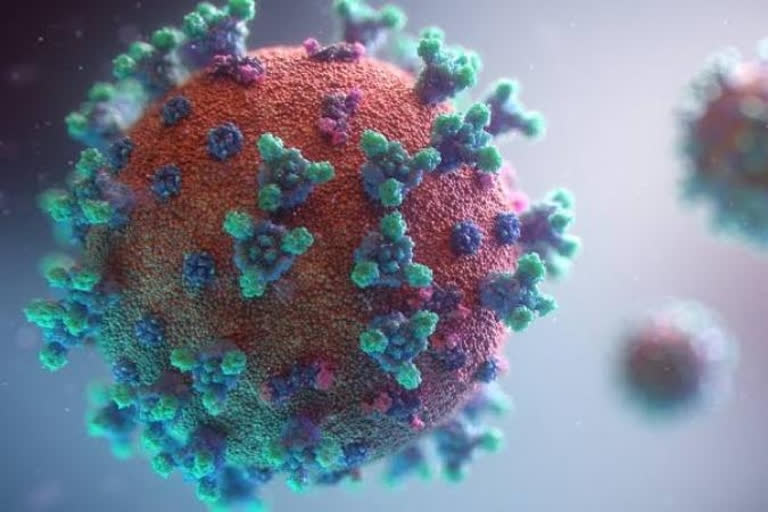Chennai:The new Covid-19 adjuvant drug 2-deoxy-D-glucose (2-DG) impacts only the coronavirus affected cells and not the good cells in the human body, said one of the improved process inventors.
He also said the drug reduces the oxygen dependency of Covid-19 patients.
"The 2-DG drug impacts the cells that are affected by a coronavirus and prevent their multiplication. The drug will not affect the good cells," Rakesh Kumar Sharma, Vice-Chancellor, Saveetha Institute of Medical and Technical Sciences (SIMTS) here.
Sharma was one of the co-inventors of the improved process of 2-DG when he was with the Defence Research Development Organisation (DRDO).
The technology was later transferred to drug major Dr. Reddy's Laboratories in 2004 for Rs.25 lakh.
Read:Penpa Tsering elected Prez of Central Tibetan Administration
He and other team members had developed a process of its synthesis and upscaled it in collaboration with the Defence Research Development Establishment, Gwalior. It was granted Indian Patent No.187908 dated 28-2-2003.
The 2-DG drug comes in powder form packed in sachets.
Initially, the drug was tested for treating cancer. The cancer cells multiply fast like that of the coronavirus infected ones.
Sharma said the coronavirus needs the energy to multiply. Last year when the Covid-19 pandemic broke out, the drug was reviewed and phase I and II clinical studies were made on 110 patients.
The 2-DG does not result in the production of energy or prohibits energy production in the cells and hence resulting in its death.
Read:Plea filed in Supreme Court to cancel class 12 exams
According to Sharma, a total of 110 patients were part of the Phase-II clinical trials of this drug. In terms of improvement in vital signs of symptomatic patients who were administered the drug, a difference of 2.5 days was seen compared to Standard of Care (SoC).
It has shown better efficacy in phase two itself as compared to standard care.
Approval for Phase-III trials was given in November and trials were conducted at 27 Covid hospitals in Delhi, Uttar Pradesh, West Bengal, Gujarat, Rajasthan, Maharashtra, Andhra Pradesh, Telangana, Karnataka and Tamil Nadu.
